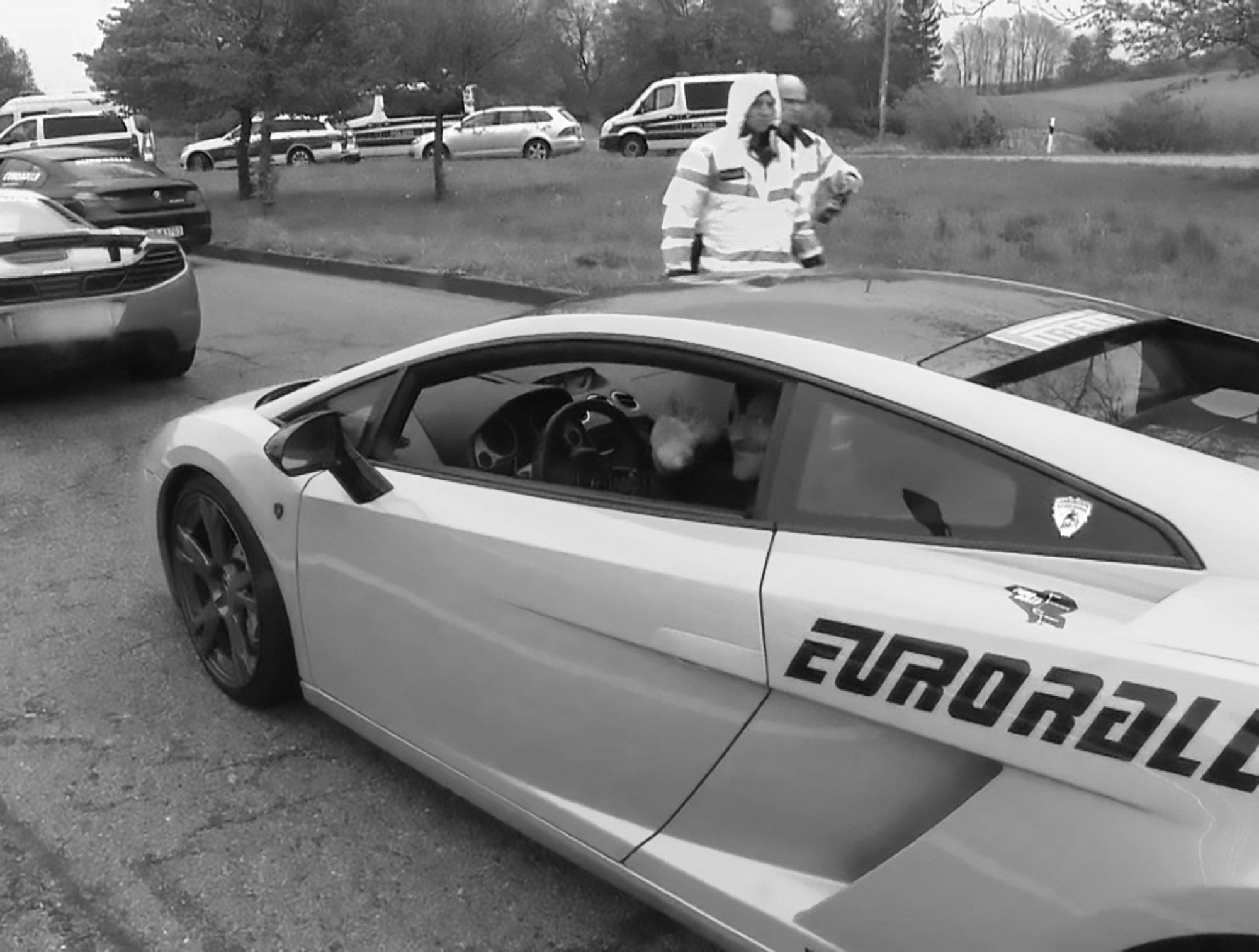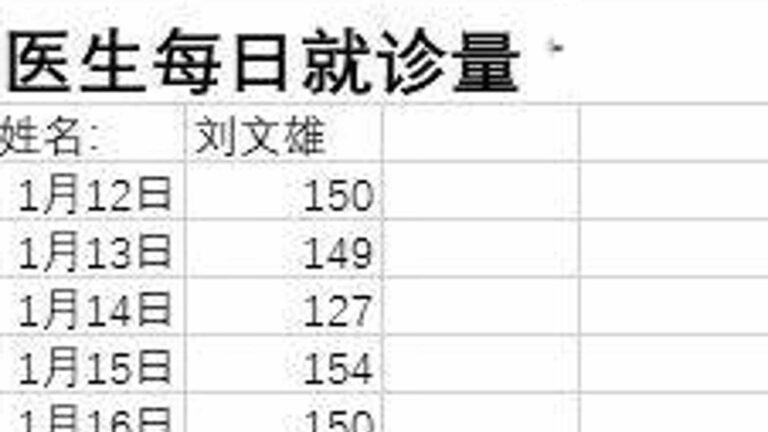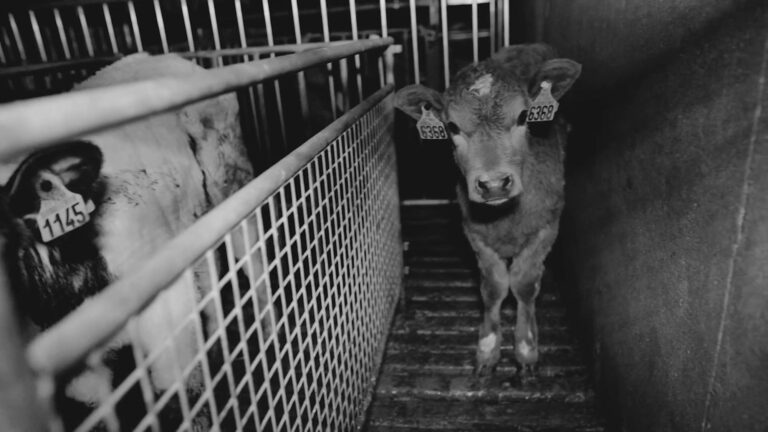German cops hauled the drivers of more than 100 sports cars to a motorway rest stop for questioning after they allegedly raced each other in a huge rally on the Autobahn.
During a massive police action to crack down on the illegal races, 107 car which took part in the “Euro Rally 2019” were taken from the A20 Motorway between Wismar and Rostock in the north-eastern German state of Mecklenburg-Vorpommern.
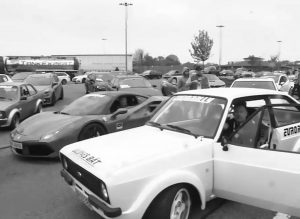
Court said that while the speed limits were unrestricted, organising races on the motorways was illegal as it was regarded as a danger to other road users.
The massive police response was quickly set up after reports starting to come in of car drivers racing each other at the motorway with speeds of more than 250kph (155mph).
After a speed check on the Autobahn, as the motorway system is known in the German language, the 107 cars were escorted to the Fuchsberg services, where many drivers had already parked their cars to take a break.
At the services, police continued investigations and recorded the personal details of the drivers.
According to the police, several Porsches, Lamborghini’s and Ferrari’s were taken from the motorway during the crack down.
Also high-performance oldtimer cars and more regular BMW and Mercedes models were part of the rally, which takes drivers in multiple stages from the Norwegian capital of Oslo to Prague in the Czech Republic.
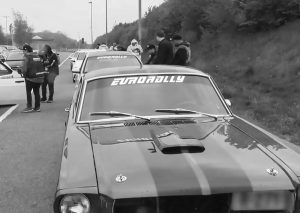
According to reports, several driving licences and car papers have been impounded.
Further mobile check points were set up all the way to the border with Poland to prevent the rally participants from racing each other more.
A police spokeswoman said: “The onward journey will definitely be stopped.”
The police have opened investigations against all involved for suspected endangering of road traffic.
The participants of the so-called Euro Rally were mostly Norwegians who paid up to 799 EUR (685 GBP) for the trip on what was described as “one of the best Autobahns in Germany”.
Currently, a large part of the German motorway network allows for unrestricted speeds with limits only in place around built-up areas or dangerous stretches of road.
It is however forbidden to race each other on the German motorway as this can be considered as creating hazardous circumstances for other road users.
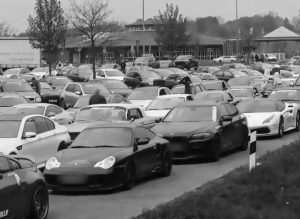
A national speed limit on the autobahn is a recurring theme in German politics with some calling for its introduction to curtain carbon dioxide emissions and road deaths, although it has never been implemented so far due to stiff opposition from politicians and motorists alike.
According to German motorist club ADAC, it has never been proved that a speed reduction would lead to fewer traffic deaths or help the climate.
The organisation wrote: “Motorways are by far the safest roads in Germany. In 2017, around one third of all distances travelled by car took place on the autobahn. By comparison, the proportion of road deaths is below average at around 12 percent.”
ADAC also claimed: “Road traffic CO2 emissions are not significantly influenced by speed limits.”
To find out more about the author, editor or agency that supplied this story – please click below.
Story By: Koen Berghuis, Sub-Editor: Joseph Golder, Agency: Central European News

